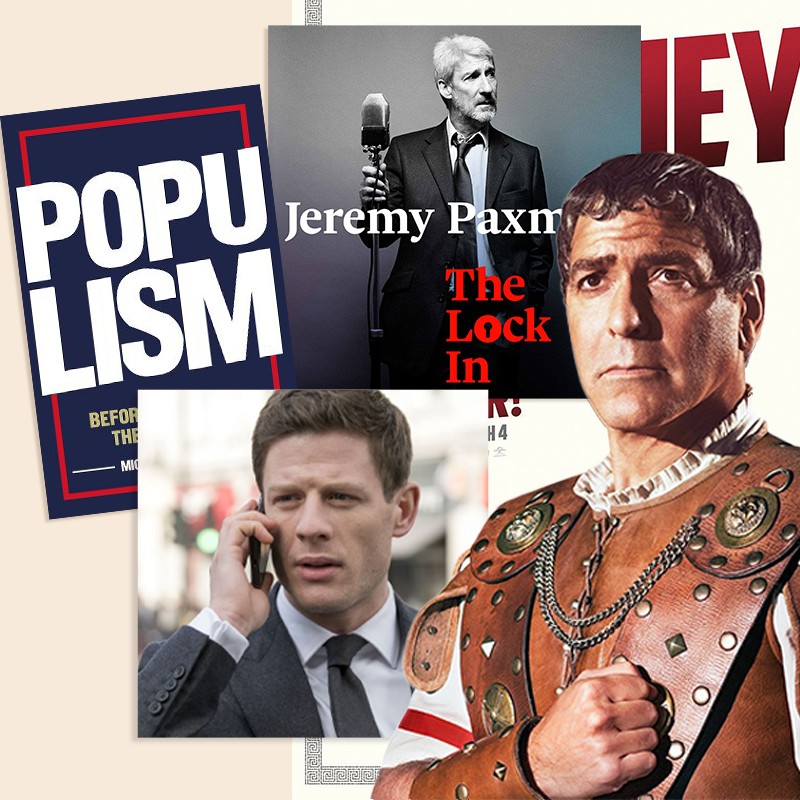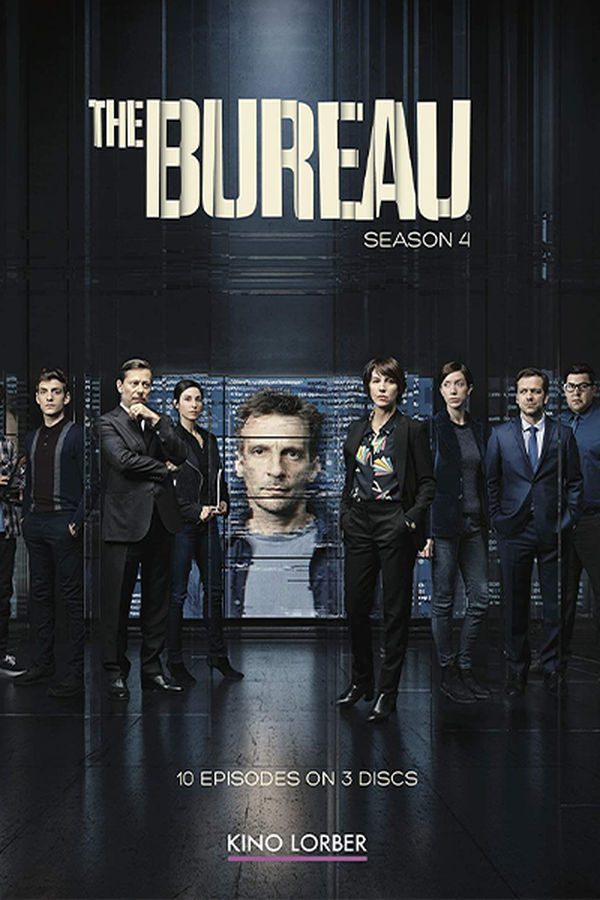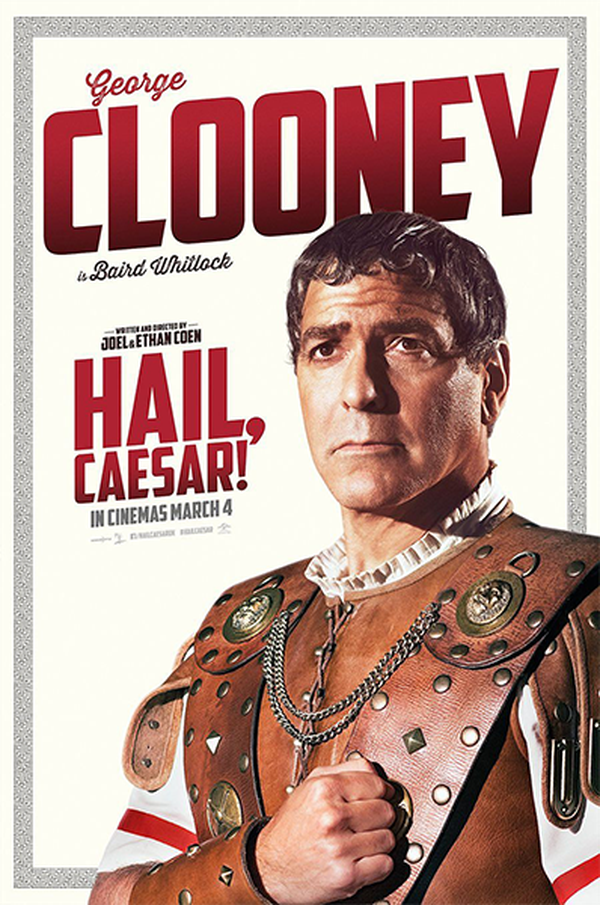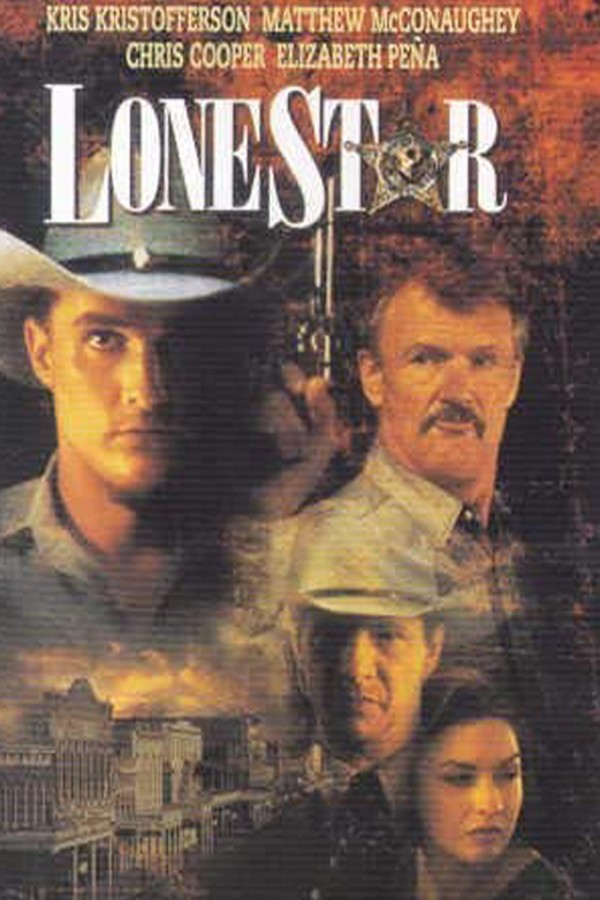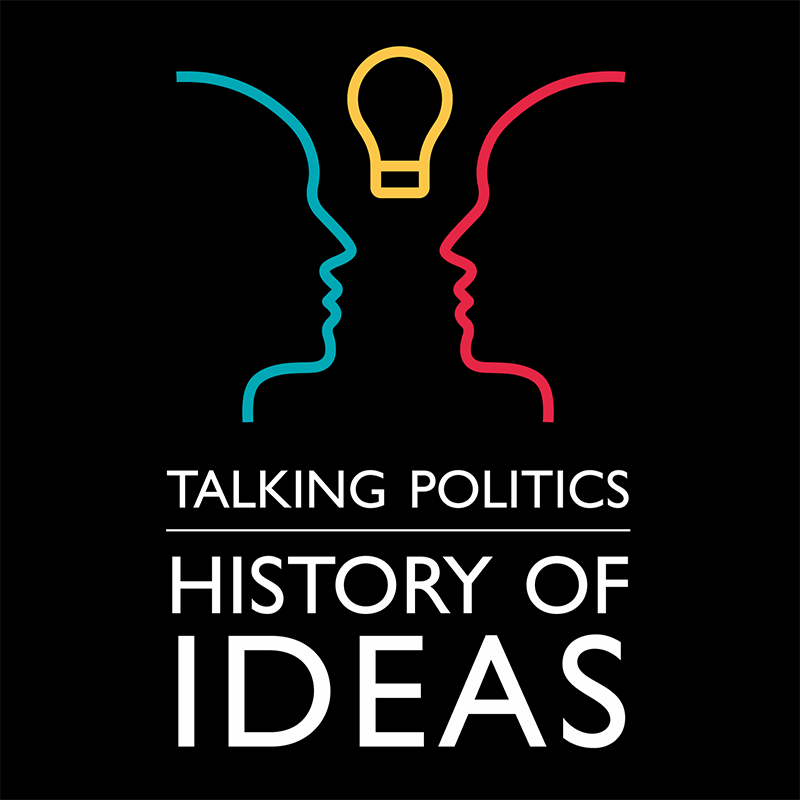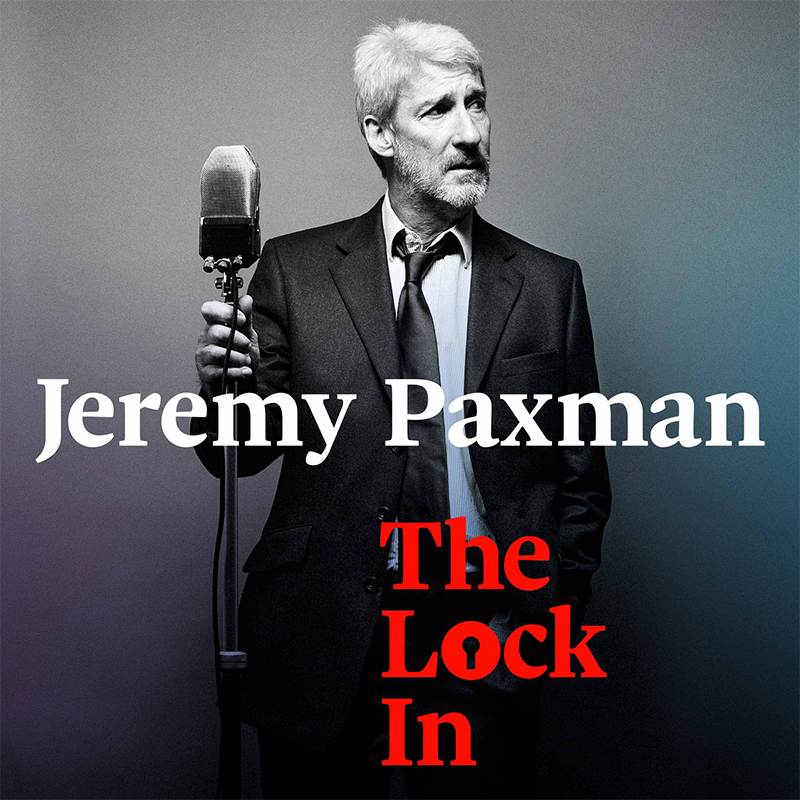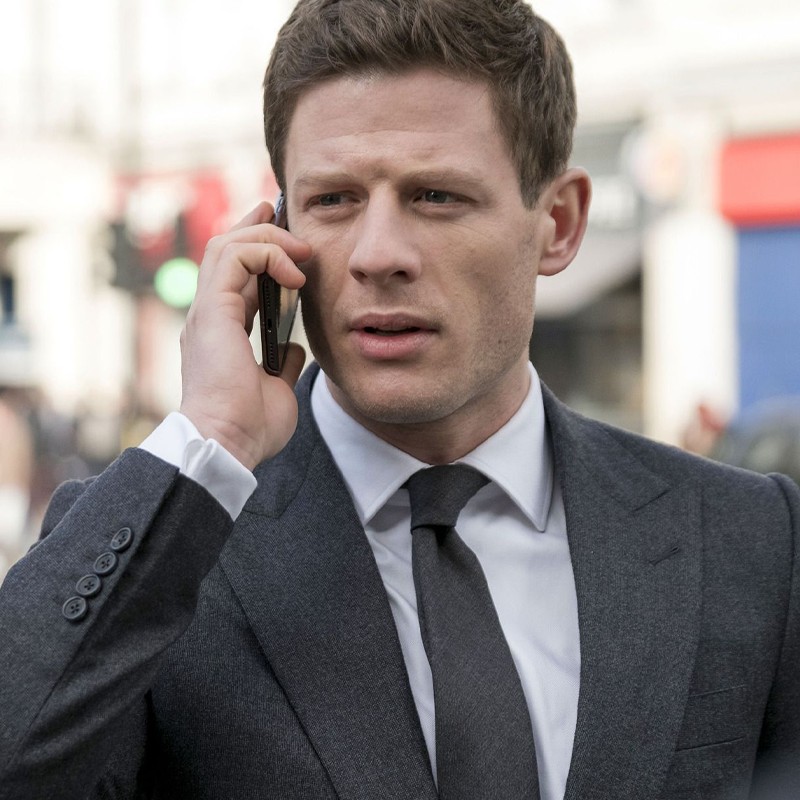My Cultural Life: Michael Burleigh
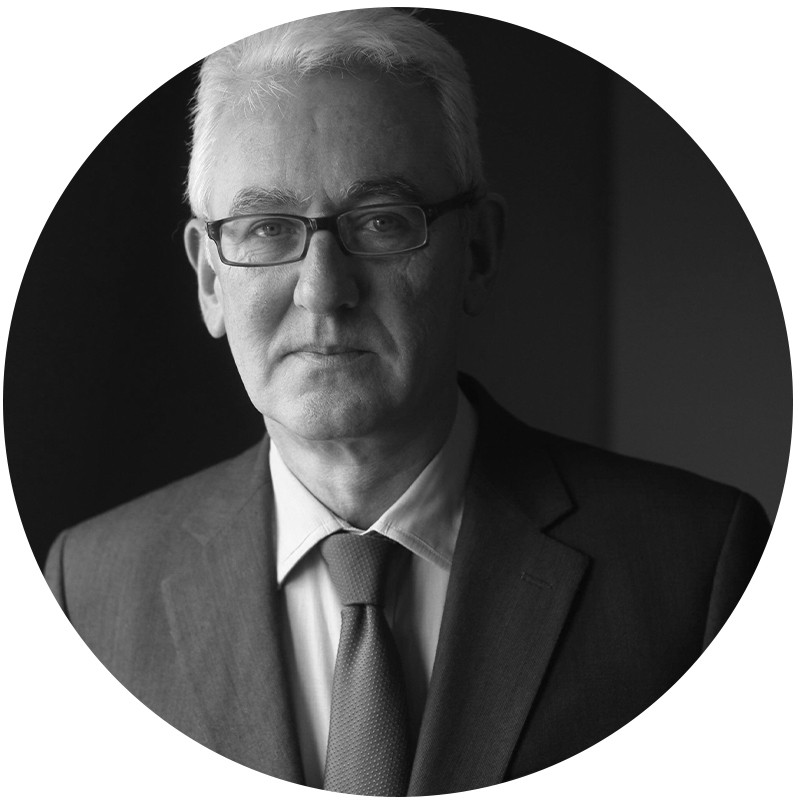
What was it about history that first grabbed you, Michael?
I grew up on the south coast near Pevensey Castle. From an early age, I was conscious of it being a Norman castle inside what had been Roman fortified camps. The Romans built it a thousand years before the Normans rocked up. Also on the south coast, you’ve got lots of those round Martello towers, which were built to stave off any Napoleonic invasion. Elsewhere you’ve got dozens and dozens of World War 2 pill boxes which – having read my Action Man comics at the time – really stoked my imagination. With all of these around me, I became aware of the different layers of history. It wasn’t just a single thing that had happened in the past. Then I started to read.
Tell us about a great book you’ve read recently…
One of the best books I’ve read in the last decade is A Kidnapping in Milan. A big CIA team goes to Milan to abduct an Egyptian imam and render him to Egypt. The Italians find out what the CIA have been up to on their soil and go after them. They use all the tactics they’ve learnt going up against the mafia – wiretaps are a big thing – and bring them to bear on the CIA. It turned out the idiots had used personal credit cards to pay for things because they wanted to put in expense claims. They were all screwing each other too. It becomes a sort of comedy of errors. The Americans are all tried and sentenced in absentia to 20 years, which is tough luck for their team leader Robert Lady, who had bought a huge vineyard in Tuscany for his retirement.
How about a film you love?
I always recommend Lone Star with Matthew McConaughey, Kris Kristofferson and Chris Cooper. It’s a detective story but also a profound meditation on clashing versions of history on the part of white Texans, and African-American and Hispanic ones. I also have a soft spot for anything about film making itself: the Coen brothers’ Hail Caesar is very funny, ditto The Queen of Spain – both of them weave together real life and the movies. Though my all-time favourite film is Tarkovsky’s Mirror. It’s like watching a Vermeer painting come to life – the last five minutes is the most poignant thing I’ve ever seen on film.
Seen anything good recently?
Probably my favourite recent film is The Great Beauty, Paolo Sorrentino’s symphony to Rome and to a life of plush idleness, featuring a playboy author played by Toni Servillo. I love all of Sorrentino’s work, including Loro, which is about Silvio Berlusconi. That one manages to put you off 15 minutes’ worth of dancing female flesh and leave you feeling as if you have wandered into a butcher’s shop. In terms of TV, Ken Burns’s The Vietnam War is by far the best documentary series I’ve ever seen. It’s just so well done and the quality of the interviews is remarkable.
Is TV part of your day to day?
I watch a lot of online TV to recover from an entire day reading or writing. My all-time favourite is The Bureau, a French spy series about officers in the DGSE (France’s MI6 or CIA) and their agents. It’s brilliantly done and a pretty accurate depiction of what spies do. It has multiple international settings so you really feel you are in Algeria, Syria, Iran or Russia. I liked McMafia for similar reasons. It’s got a terrific cast including two brilliant Russian actors – Maria Shukshina and Aleksey Serebryakov – and above all Merab Ninidze, a Georgian who plays a very sympathetic mafia boss. He’s riveting to watch every time he’s on the screen.
Are you a podcasts man, Michael?
I’m a bit late to the party here, but I sometimes listen to Talking Politics with David Runciman – he’s a clever man and I liked his book How Democracy Ends. I also had a lot of fun recording a podcast with Jeremy Paxman recently, called The Lock In.
How about fiction then?
I read a lot of fiction in parallel with history or politics books – because fiction writers can say more about their subject than people like me ever can. I always think of F. Scott Fitzgerald writing about World War 1 in Tender Is The Night: “All my beautiful lovely safe world blew itself up here with a great gust of high explosive love.”
Tell us about some of the fiction you’ve enjoyed recently…
Among my recent favourites is Untraceable by Sergei Lebedev. It’s about the history of Russian intelligence poisonings, which goes back a long way – to Weimar German and Soviet military cooperation in the 1920s. Vladimir Sorokin’s Day of the Oprichnik is a brilliant magic realist novel about Vladimir Putin’s secret services imagining they are like a religious order. Another book I’ve marvelled at is Viet Thanh Nguyen’s The Sympathiser. It’s about the aftermath of the Vietnam War, but set in America and the exiled Vietnamese community. I look at his sentences and think, wow, how did he do that?
What’s on the bedside table at the moment?
Ernest Hemingway’s Collected Stories. I discovered them through Ken Burns’s six-part documentary about him, which is on iPlayer right now. The stories are so spare and true with not a superfluous word. The one about cowardice and adultery on an African safari is especially good. Some of them are just half a page, which is amazing. He can tell a story in 300 words. I also have a collection of Don Delillo’s short stories too. The one about drone commanders orbiting in space during World War 3 is striking.
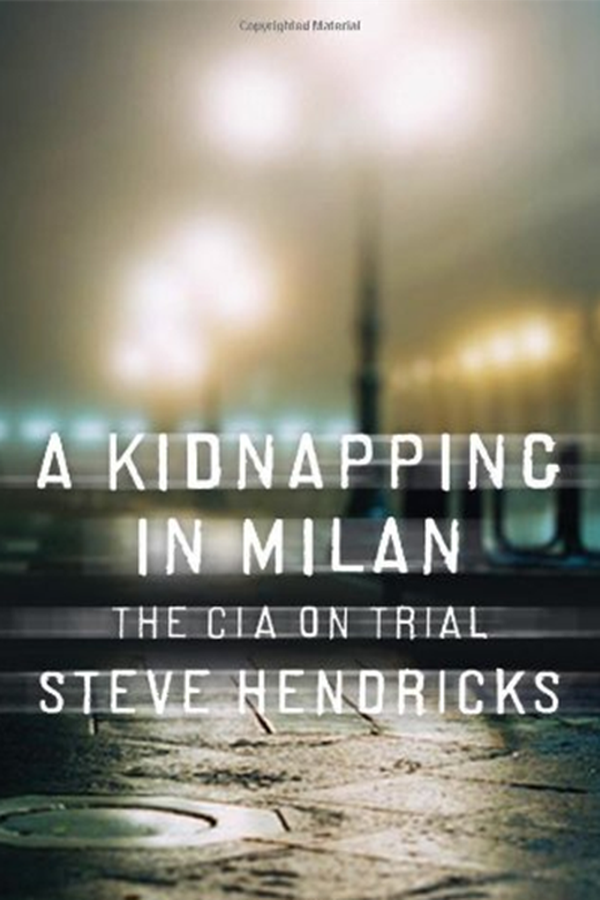
Steve Hendricks
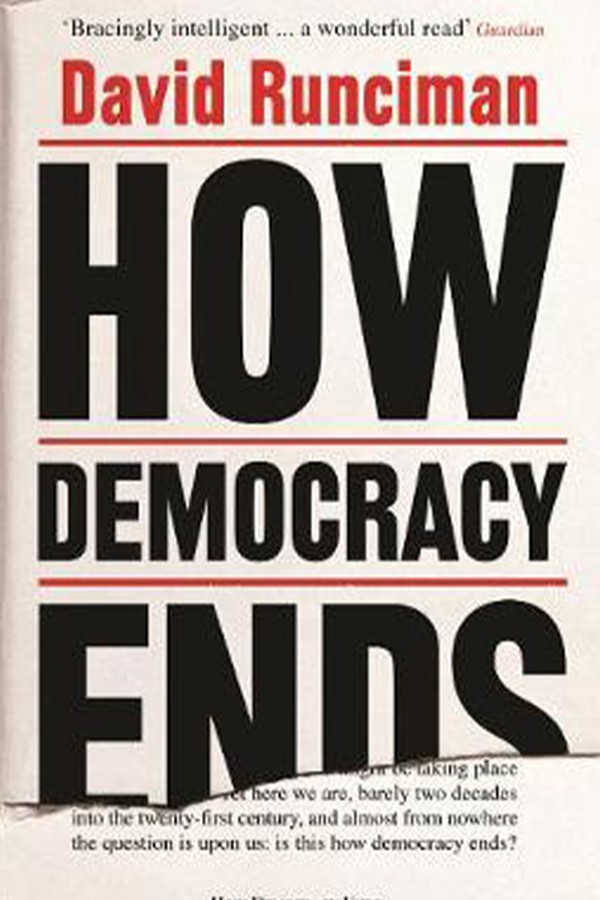
David Runciman
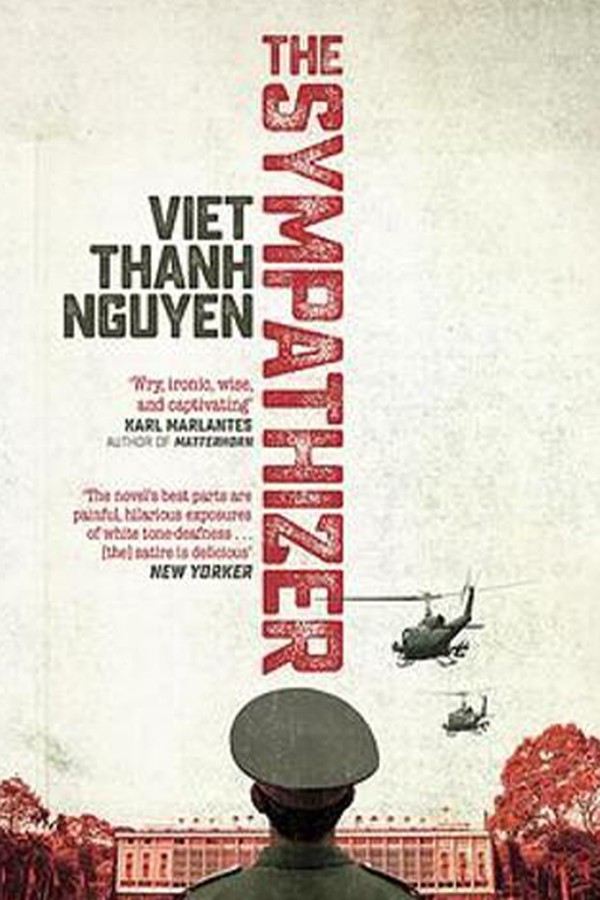
Viet Thanh Nguyen
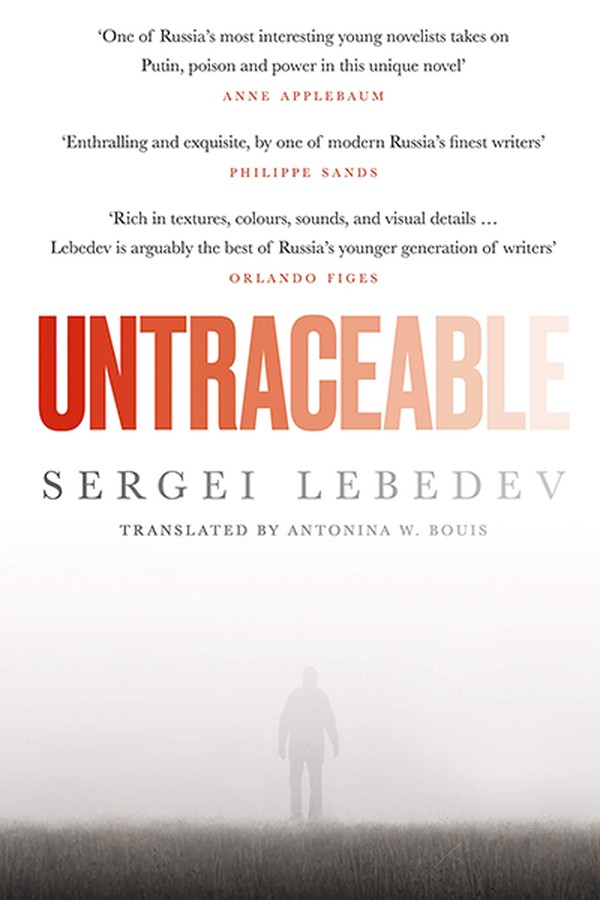
Sergei Lebedev
And anything you’re looking forward to right now?
Tim Garton Ash’s upcoming memoir. His background is writing about Germany and Poland, which are going to be two of the most important places in the EU – they might even fuse economically at some point. He was actually there, taking part in some pretty important events in European history, so he’s got to be worth reading on the subject of Europe.
When do you read all of this stuff?
I read all day long – with intervening spells of writing. I aim to write every day, usually around 1,500 words, which is easy enough as I write very quickly (something I learned from journalism). Recently I’ve got into the bad habit of reading in bed – bad because I don’t go to bed until midnight or 1am and get up at 7am, so it cuts into the time I should be asleep.
Where do you get your recommendations from?
I discover books through Twitter and the dozens of online mags I subscribe to. Literary Review gives me a good sense of the crop of new titles each month. Le Monde Diplomatique is also excellent.
You write for The Times – do you read the newspapers?
I do, though not as much as I used to. I use more specialist sites like Project Syndicate. So much that’s in the papers is nonsense now, but there are still some smart commentators I like. I read the FT every day – Gideon Rachman, Philip Stephens and David Gardner, who writes about the Middle East. On The Times, Jenni Russell is pretty good, as is Rachel Sylvester. I also like David Aaronovitch. Bill Keegan is good over on The Guardian and Andrew Rawnsley is pretty fair minded – on a good day. Peter Oborne and Philip Collins are no longer writing for the nationals, but they are worth seeking out. Then there’s Marina Hyde. She’s very funny. I just can’t write like her – it’s like she’s taking drugs or something. I mean that in a good way.
Introduce us to your own new book...
It’s a series of good stories about encounters on one special day between a killer and a person being killed who was not expecting that outcome. Some of the former are really fascinating – especially the Soviet NKVD killers who turned deception into the highest art form. The book also analyses what assassination does – or does not, as the case may be. The law of unintended consequences usually applies here. Day of the Assassins is also the one book I had great fun writing and which I regretted finishing.
Where did the idea come from?
The killing of Jamal Khashoggi. Before he was killed, I wrote some very scathing things in The Times about the Saudi crown prince, Mohammed bin Salman, which resulted in odd things happening to my phone. I got a WhatsApp message from the Saudi embassy with an attachment. Luckily I’d read about a Saudi dissident in Canada who had had a similar experience – the attachment turned out to be spyware that copied all his messages and contacts, and turned his phone into a camera and microphone. So I didn’t open mine. Then Khashoggi was cut up. I wrote the book thinking, right mate, payback time.
Why did you enjoy writing it?
I got to spring out of bed every morning and kill someone else! But it’s also because it was like being a detective looking at cold cases, involving people who would get out of bed, kiss the kids goodbye and not know they had a rendezvous with destiny that day. I was also fascinated by the weird, zigzag journeys that the assassins would go on. The name of the book comes from The Day of the Jackal, but the Jackal in that book is ruthless and professional. A lot of real-life assassins tend to be incompetent.
Why do assassin stories have such appeal for us?
They’re hunting stories. In The Day of the Jackal, you’ve got the Jackal hunting Charles de Gaulle and you’ve got the police hunting the Jackal, so it’s actually two hunting stories. For most of the 300,000 years our species has been on this planet, we’ve been something else’s prey. For the last 12,000 years, we’ve become predators. These stories are in our nature.
Have you had the idea for your next book?
No. Having published two books in one year, I’m having a fallow period at the moment. At 66, I have to be very choosy about what I do. Day of the Assassins might be my last one. Or I might try writing a true crime book next. I was very impressed by David Grann’s Killers of the Flower Moon about the mass slaughter of Osage Indians in Oklahoma by greedy whites in the 1920s. If only I can find the right murder for myself!
What was the other book that came out this year?
Populism. I had to give three public lectures at a think tank called LSE Ideas. Having not given a lecture at the LSE for 25 years or so, and seeing the pictures they’ve got up of Clinton and Obama giving speeches there, that really focused the mind. I thought I better make it good. The book is simply the three lectures in print. The first one’s about how everything’s been reconfigured as the real people versus the elite (which I don’t believe for a minute). The second one might be the most interesting one: it’s comparing Britain with Russia, looking at how the EU could be about to get a barmy neighbour on either side. The book’s my fightback against the mob, and the elite mob fuelling their anger – you could say it’s a metropolitan elite counterattack against forces I despise.
We make it around 15 books you’ve now written in total. What keeps you reading and writing?
It’s that curiosity thing, which is perpetual, and the dream of producing a technical masterpiece, which always eludes me. But also, what the hell else would I do? Plough through the hundreds of CD box sets of Haydn symphonies I’ve bought for my retirement? It will never happen.
Day of the Assassins: A History of Political Murder by Michael Burleigh is out now, published by Picador. Find out more here.
DISCLAIMER: We endeavour to always credit the correct original source of every image we use. If you think a credit may be incorrect, please contact us at [email protected].
